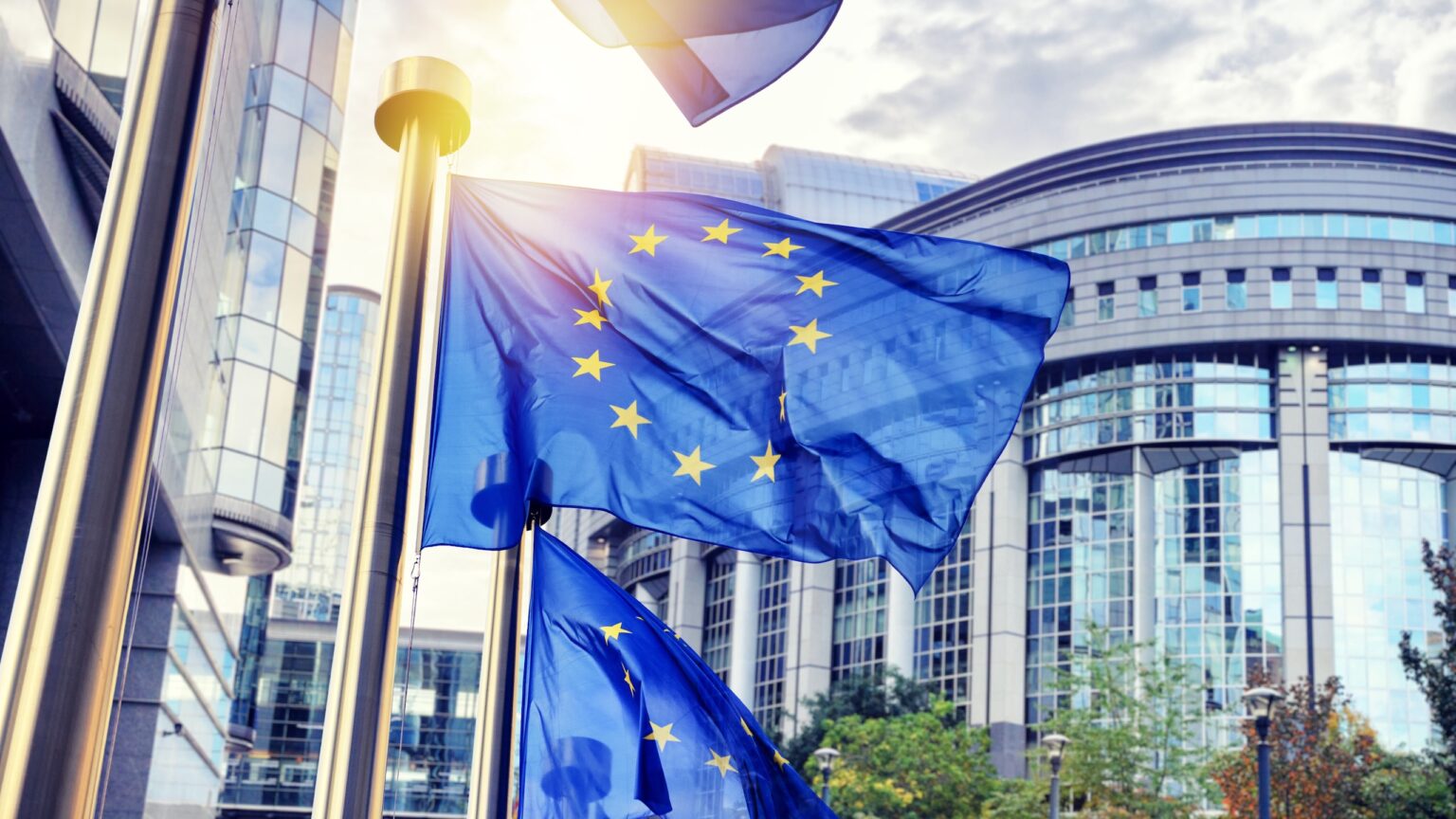The EU Parliament has voted overwhelmingly in favor of Markets in Crypto Assets (MiCA), which has been touted as the most comprehensive framework for cryptocurrency regulation ever created.
Yesterday in Strasbourg, EU lawmakers formally enacted the 571-page legislation after 517 voted in favor against just 38 opponents and 18 abstentions. The MiCA sets out multiple requirements which crypto platforms and token issuers must follow to do business in the bloc.
Markets in Crypto Assets will pass into law in 2024, meaning the 27-country bloc has beaten both the US and UK in the race to regulate the $1.2 trillion digital asset industry.
The meaning of the MiCA
The Markets in Crypto Assets bill makes Europe the first continent with comprehensive regulation for crypto assets. The German MEP who led its creation, Stefan Berger, hailed its introduction, claiming “The new supervisory structures will be a bulwark against Lehman Brothers moments like the crypto exchange FTX.”
Among other protections, MiCA makes it a requirement for crypto platforms to inform consumers about the risks associated with their operations. Token sales also come under heightened scrutiny, with issuers forced to draft a detailed whitepaper for each digital asset they offer.
Interestingly, stablecoin issuers will have to prove that they hold sufficient cash reserves in case there is a run on their assets. Moreover, they will be limited to a transaction volume of 200m euros per day. Stablecoins are referred to as e-money tokens (EMTs) in the bill, “electronic surrogates for coins and banknotes likely to be used for payment purposes.”
Questions have swirled for years over whether several major stablecoin issuers hold sufficient fiat reserves. Last month, Circle’s USD Coin (USDC) lost its dollar peg and fell to a record low after the firm announced it held capital at the collapsed Silicon Valley Bank. USDC regained its peg after several days.
Responsibility for restricting and banning platforms that contravene consumer protections outlined in the legislation will fall on the shoulders of the European Securities and Markets Authority (ESMA).
Although MiCA primarily addresses financial concerns, it also upholds other long-standing EU priorities, including to the environment: platforms must disclose their energy consumption and report on the impact of their digital assets. What’s more, a separate piece of regulation (Transfer of Funds) has come into force, aiming to reduce the anonymity of those who transact with digital assets.
Cryptocurrencies withdrawn from exchanges into self-hosted wallets will be surveilled, with platforms forced to report instances where the amount exceeds 1,000 euros.
Crypto world reacts to MiCA
Reactions to the passing of MiCA have been mixed. “One of the world’s largest markets is introducing tailored regulations for crypto to protect users and support innovation,” tweeted Changpeng Zhao, CEO of the Binance exchange.
“The fine details will matter, but overall we think this is a pragmatic solution to the challenges we collectively face. There are now clear rules of the game for crypto exchanges to operate in the EU. We’re ready to make adjustments to our business over the next 12-18 months to be in a position of full compliance.”
While US regulators have been busy infighting and refusing to provide the most basic of clarity for the crypto industry, the European Union just approved the MiCA regulation, which provides a comprehensive regulatory framework for crypto in Europe. It's sad to see the US being…
— Tyler Winklevoss (@tyler) April 20, 2023
Gilbert Verdian, the CEO of Quant, was equally positive, saying “Ultimately, regulation can be a force for good as it is a clear sign that the industry is reaching a much-needed new stage of maturity. It can put in place the rails to encourage the development of new and better forms of money, simultaneously protecting consumers and markets.”
Verdian also pointed out that there are “less onerous obligations for smaller stablecoins while NFTs are out of scope.” Another element of the cryptosphere beyond the reach of MiCA is decentralized exchanges (DEXs) as well as other fully decentralized protocols.
Not everyone is thrilled about the introduction of formal rules for the crypto sector, however. One user, Dmitri, said “US citizens will say ‘Yeah, Europe is ahead of the US’. No. Our freedom has just been limited. All transactions on exchanges will now be monitored and shared for taxation purposes. Only fools would applaud it.”
Another claimed the regulations would “push users to use anonymization methods and make use of services from other jurisdictions,” saying “The EU is shooting itself in the foot, it seems.”
Regulations in the UK are expected to be finalized in the next 12 months, according to Economic Secretary Andrew Griffith. In the US, the picture is less clear and this week Coinbase CEO Brian Armstrong suggested he could move the exchange’s HQ due to continued regulatory uncertainty.









 and then
and then